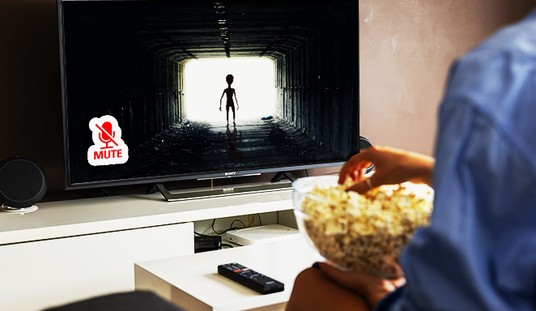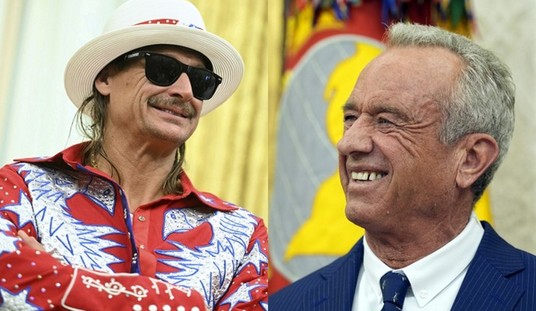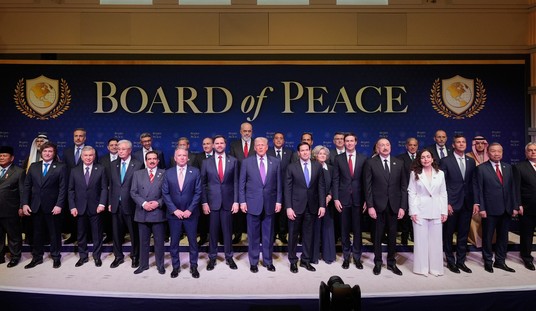Your at-home humanoid bot isn't that far off. In fact, robots in the home are already here; they're just really, really bad.
Regardless, robotics is a field that is growing fast, and with many companies racing to be the king of them all. This includes Elon Musk and Tesla, whose "Optimus" robots are becoming more and more advanced, just like the rest of them are. In fact, they're advancing so quickly that Musk believes that robotics is the future of humanity.
As he noted on Fox Business, Musk sees a Utopian future:
"That will be what work is like. Optional," Musk said, adding that it will take "a lot of work to get to that point."
Musk went on to say that money could eventually stop being relevant in a future dominated by AI and robotics, noting that in books about a positive AI future money often no longer exists.
[...]
He said, "AI and humanoid robots will actually eliminate poverty," and that while Tesla will be a pioneer in the sector, there will be "many other companies that make humanoid robots."
"There is basically one way to make everyone wealthy, and that is AI and robotics," Musk said.
It's a fun thought to have, but if I'm being wholly honest, it's the same kind of thinking that socialists and communists tend to have about their chosen mechanism that brings humanity back into Eden.
The issue is, Eden is not attainable. Not with an army of robots at our back and the dreams of futurists guiding the way. Robots will help us accomplish a lot of things, to be sure, and I have no doubt they'll help a lot of people and even end up saving a lot of lives. The issue is that it won't end poverty. It won't free us from the burden of work. It definitely won't be an endless supply of good vibes.
First off, as I wrote earlier in November, the idea of having robots do all your menial labor and tedious housework sounds like a great time until you learn that the endless laundry, dishes, and cleaning you're having to do in your home is actually good for you on multiple levels:
A reduction in physical activity and even the stoppage of accomplishing mundane tasks is going to have a nasty psychological effect on people. Even beginning at the age of three, assigning and accomplishing tasks results in better self-esteem, which translates to success down the line, whether it's school or the job. Simple tasks like making the bed or folding laundry are actually good for you on a mental level, as the dopamine from accomplishing tasks gives you a healthy boost in confidence and self-assurance.
Decluttering your house actually makes for lower cortisol levels, lowering your stress. You get the sense of control over your space, increasing your comfort in it.
Laziness often breeds a lack of motivation, which then results in fewer actions taken to improve one's life, which often leads to depression. Robots sound really fun until you get into the nitty-gritty of what they're taking from you just by being "convenient."
But let's say, for argument's sake, that robots really do give you fulfilment by allowing you to pursue your actual interests, and you suffer zero psychological effects from a robot doing your work for you. Other questions still arise.
Let's start with who foots the bill. Musk says there will be no need for money at that point, but doesn't exactly spell out how that would work. Without some form of compensation for one's time, motivations drop drastically to do anything. Consumerism is still going to take place to continue the economic engine that allows for everything from production to upkeep. If robots have taken our jobs and we're just left with all the free time in the world (a horrifying prospect), then we're left to do nothing but consume. Even in the act of creation, you have to purchase things like seeds to grow plants, supplies for art, or engine parts and figurines for hobbies.
Unless Musk is envisioning an entirely new kind of economic system that he hasn't revealed yet, then he's entirely wrong, and money will still be needed. With all the jobs gone to robots, money will be harder to come by unless you're a robot manufacturer like Musk. Something akin to a UBI will be necessary, and who will provide that?
The government? No thanks?
Musk? He'd effectively become king.
Then there's the issue of supply to create and upkeep this robot army, which will take no shortage of materials, including rare-earth metals. Where does Musk intend to get the amount he'll need? He'd have to make deals with countries like China or somehow convince the U.S. government to allow him to start digging all over the nation for them. Over time, these metals would become so rare that prices would skyrocket, and then what? Robots would become too expensive to own and maintain.
Musk's only hope is that he learns how to make his way to the asteroid belt and begin mining sooner rather than later, but we're not even to Mars yet.
Regardless, Musk seems to think that all of this is just around the corner, and while I'm not as brilliant as he is, I'm smart enough to see that in the current reality we live in, his robotic Utopia is not achievable. In fact, it sounds pretty awful because it means the loss of control over society and one's personal life.















